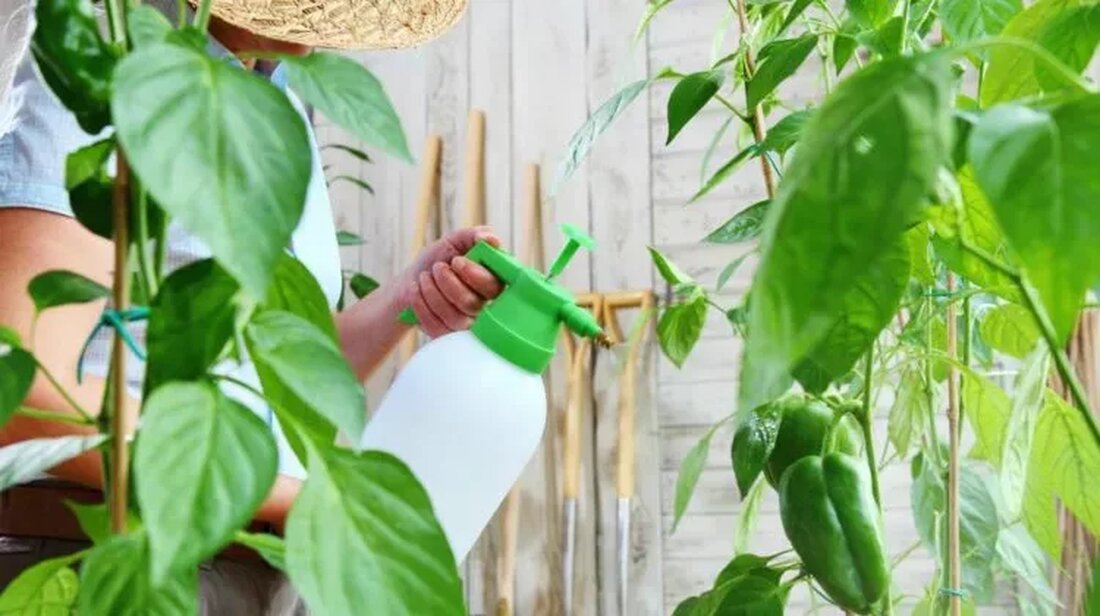Book advocates natural healing for man's best friend
Healing Your Dog Naturally is a revolutionary new book from Nicole Gabriel that will help you rethink how you care for your dog. It shows you how to be proactive about your dog's health care and rethink your own eating and medical habits. Consequently, you can kill two birds with one stone, or in this case heal your dog and yourself, or better yet prevent the need for healing from arising. While Gabriel's background is not in veterinary medicine, she has a lot of experience caring for and loving sick dogs. This is a…

Book advocates natural healing for man's best friend
Healing Your Dog Naturally is a revolutionary new book from Nicole Gabriel that will help you rethink how you care for your dog. It shows you how to be proactive about your dog's health care and rethink your own eating and medical habits. Consequently, you can kill two birds with one stone, or in this case heal your dog and yourself, or better yet prevent the need for healing from arising.
While Gabriel's background is not in veterinary medicine, she has a lot of experience caring for and loving sick dogs. This is a woman who is deeply connected to her pets and wants the best for them. After losing one of her Shar Pei dogs to an illness that she believes was caused by a required vaccination so she could move to Hawaii, she decided to research vaccinations and everything else about caring for her dog. Now she has compiled all of this research, along with her personal experiences and successes, into this new book that may be long overdue given the health and natural foods revolution for humans. I have to agree with Gabriel on this point: as we all become more health and nutrition conscious about our own bodies, shouldn't we extend the same care and concern to our pets?
Gabriel walks the reader through a variety of topics and information on everything from nutrition to allergies, vaccinations, essential oil use, spaying and neutering, homeopathy, and even aligning your dog's chakras.
But before I go any further, this book is not just a book about how to heal your dog and make him healthier. It's also a book that encourages you to make changes to your own lifestyle so that both you and your dog benefit.
For example, Gabriel is not a fan of commercial dog food. She gives a brief overview of dog food and how it was influenced by World War II, why it is taurine deficient and why this is important. She places great emphasis on the fact that we would feed the dog food to our dogs if we didn't eat it ourselves. Ultimately, she advocates cooking dinner for your dog the same way you would for your spouse, children or yourself. She even offers various recipes to provide your dog with a nutritious diet. Okay, I know a lot of people might think this is a radical cooking dinner for your dog - but if you want your pet to be healthy, it's a decision worth considering. You can even do it while preparing dinner for yourself. As Gabriel says, "When you wake up to nutrition, you start to question everything. This is not a journey that is just for your dogs. Do you understand that yet? We are all in this together. This is a packing effort. What you choose for you, you choose for your dog and vice versa."
The rest of the book can be viewed as equally radical or just applying common sense. Gabriel suffers from vaccinations, not because they are not well-intentioned, but because she has seen her own pet die as a result of vaccination. She explains to readers what can be harmful about certain vaccines and how to reverse potential problems if you have already vaccinated your dog and it is causing health problems. She also offers advice on spaying and neutering - another chapter you'll have to read for yourself.
But not everything on these pages focuses on overturning common dog grooming practices. If anything, this book is written with a lot of love. There are adorable cartoons of dogs that remind us how much we love our best friends. Gabriel goes into detail about all the wonderful experiences she has had with her pets and why they are so important to her. She is not afraid to discuss the most sensitive topics, including dealing with the loss of your pet and your grief. She offers simple and natural remedies for everything from dealing with cut footpads to ingenious ways to offer your pets nutritious treats, and even ways to test your dog for different allergies and change his diet accordingly.
Most importantly, Gabriel challenges us to see our pets with new eyes and think more deeply about what we do in our care for them. I can't say if she's right on every topic, but I know her heart is in the right place and gives her a lot to think about. I imagine people reading this book have already had a traumatic or heartbreaking experience with a pet, or are looking for answers beyond what their local veterinarian may be able to offer. If so, this book is an excellent starting point. I truly believe that healing your dog will naturally open many eyes and hopefully lead to a revolution in canine health care.

 Suche
Suche
 Mein Konto
Mein Konto
